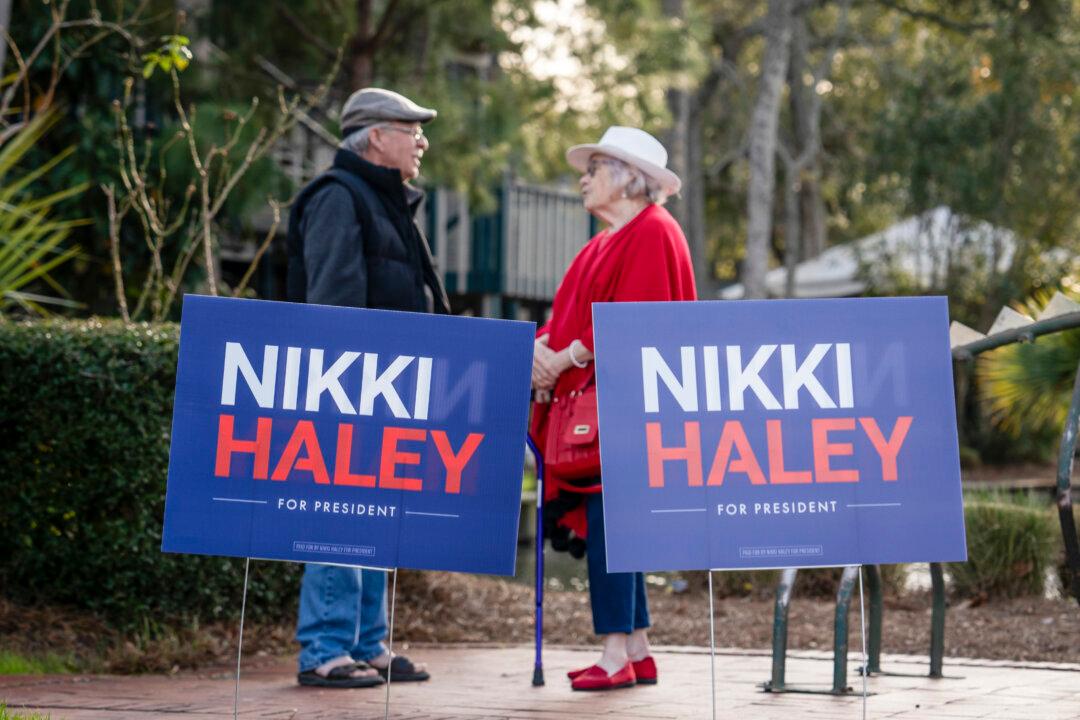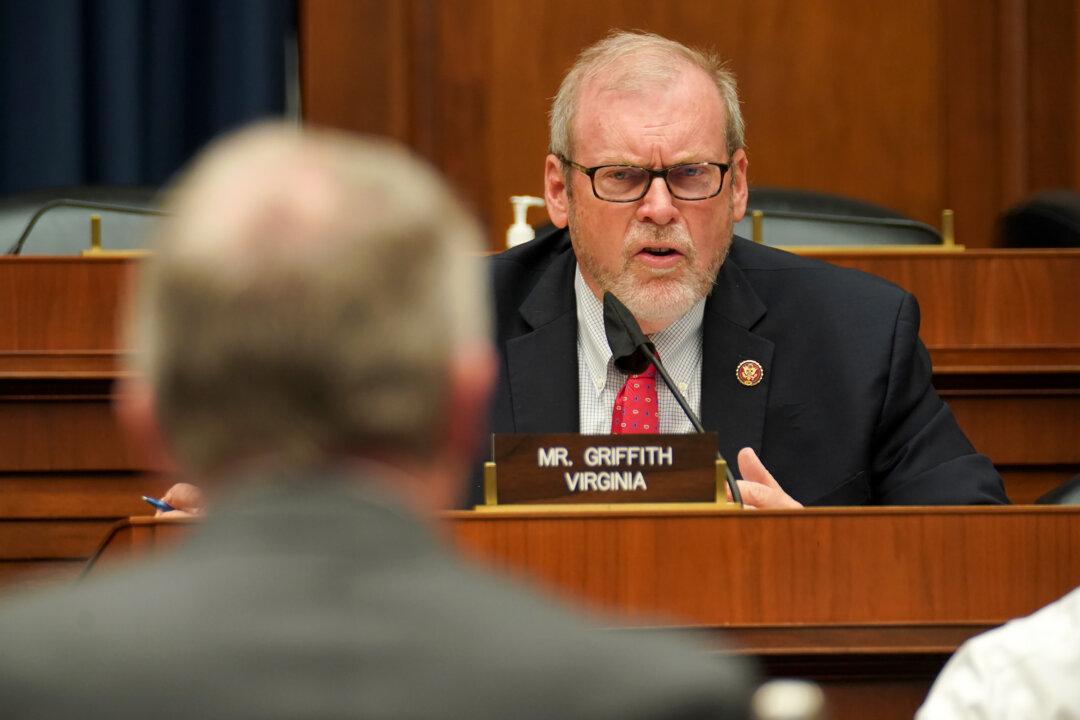COLUMBIA, S.C.—Democratic leaders in the state are urging their party’s voters to turn out for their historic first-in-the-nation primary rather than waiting three weeks to cast their ballots for Nikki Haley in an effort to defeat Donald Trump in the Republican nominating contest.
“I hear that a lot, especially from white suburban women,” Valerie Moore, chair of the Richland County Democratic Party, told The Epoch Times. “It’s very hard to talk people out of that.”





